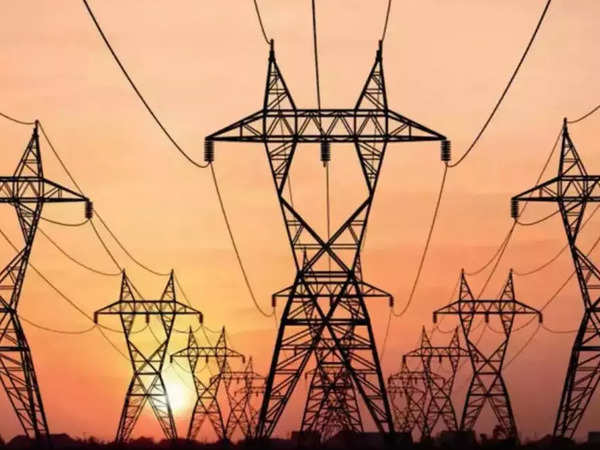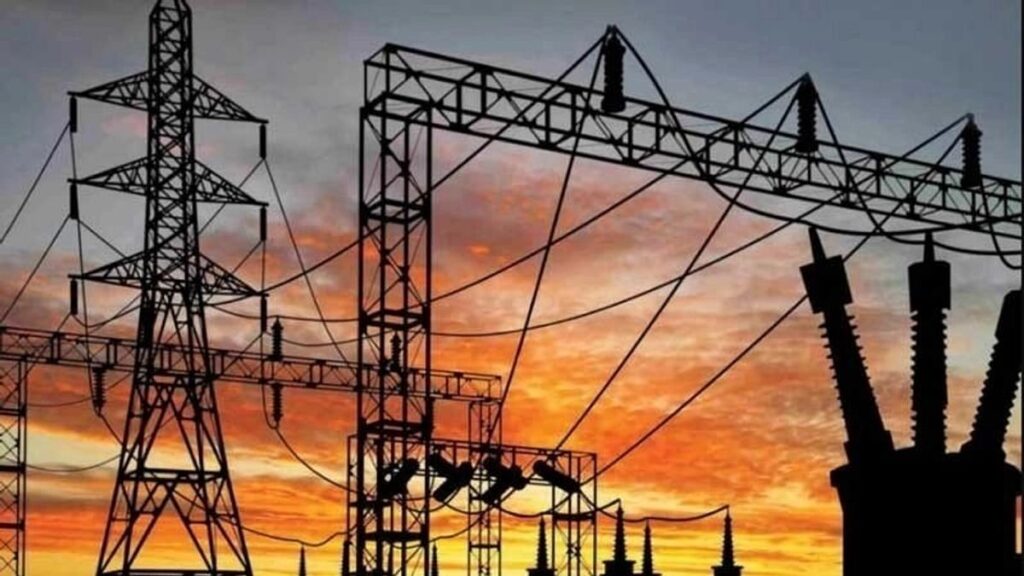The government’s directive for all gas-based plants to be operational from May 1 to June 30 stems from a proactive approach to meet the anticipated surge in energy demand during the summer months. This decision underscores the critical role gas-based power plants play in ensuring energy security and grid stability, especially during peak periods of electricity consumption.
With the onset of summer, there’s typically an uptick in electricity usage due to increased cooling needs, particularly in regions experiencing high temperatures. Gas-based power plants offer a reliable and efficient means of meeting this heightened demand, given their ability to quickly ramp up production and provide consistent electricity supply.

SOURCE:- INDIA TODAY
One of the key advantages of gas-based plants is their flexibility. Unlike some other forms of power generation, such as coal or nuclear, gas-based plants can be started up and shut down relatively quickly, making them well-suited to respond to fluctuations in demand. This flexibility enables grid operators to balance supply and demand more effectively, mitigating the risk of blackouts or brownouts during periods of peak usage.
Source:- BBC news
Furthermore, gas-based power plants are generally considered to be cleaner and more environmentally friendly than coal-fired plants, emitting lower levels of pollutants such as sulfur dioxide and particulate matter. As governments worldwide strive to reduce greenhouse gas emissions and combat climate change, promoting the use of cleaner energy sources like natural gas is an essential component of broader sustainability efforts.
By mandating the operation of gas-based plants during the specified period, the government aims to bolster the resilience of the energy infrastructure and minimize the likelihood of supply disruptions. This proactive measure helps to safeguard against potential challenges such as equipment failures, maintenance downtime, or unforeseen events that could impact electricity generation.
Additionally, ensuring the availability of gas-based power generation capacity can also contribute to price stability in the energy market. By maintaining a sufficient supply of electricity during periods of high demand, authorities can help prevent sharp spikes in energy prices that could burden consumers and businesses alike.
It’s worth noting that while gas-based power plants offer numerous advantages, they are not without challenges. Factors such as fluctuating gas prices, supply chain disruptions, and infrastructure limitations can all affect the operation and profitability of these facilities. Therefore, effective coordination between government agencies, energy producers, and regulatory bodies is crucial to optimizing the performance and reliability of gas-based power generation.
In conclusion, the government’s directive to ensure the operation of gas-based plants from May 1 to June 30 reflects a proactive strategy to enhance energy security, grid stability, and environmental sustainability. By leveraging the flexibility and efficiency of gas-fired generation, policymakers aim to meet growing electricity demand while minimizing the risk of supply disruptions and promoting a cleaner energy future.
Share your views in the comments

